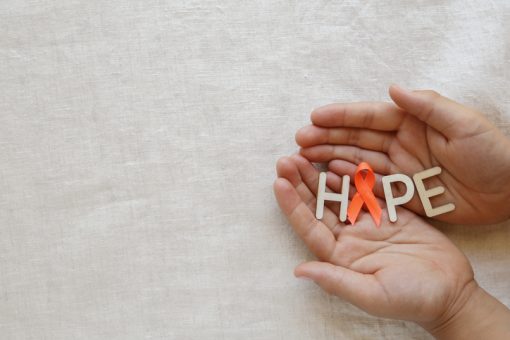Updated on 2/13/2023
Self-Injury Awareness Day (SIAD), is an international awareness day that takes place every year on March 1. This day is meant for learning about self-injury behaviors and for providing resources to those who are in need of help. An orange ribbon, representing a sign of hope for a misunderstood problem, symbolizes this day. Self-injury, also known as self-harm, is the deliberate action of causing physical harm to oneself and is a sign of emotional distress.
Self-injury and eating disorder behaviors serve a purpose for an individual who is experiencing internal conflict. Frequently, they explain that the physical pain inflicted by self-injurious or eating disorder behaviors helps to distract or numb the emotional pain they may be experiencing. Other individuals may engage in self-injury behaviors as a way to punish the self in response to feelings of guilt or shame. With this, the individual struggling can often become trapped in a vicious cycle of self-destruction.
Treatment for Self-Injury
If you know someone who is demonstrating self-harm, keep in mind that they most likely have a deep emotional distress or an underlying disorder. It is important to listen to them without judgment, express how much you care for them as a person and communicate that this behavior is not uncommon.
There are many types of treatments available including psychotherapy and social support. Psychotherapy approaches include cognitive behavioral therapy (CBT) specifically dialectical behavior therapy (DBT) to focus on controlling thoughts and impulses and to understand how individuals interact in their environments and relationships. Social support is extremely important in self-harm, as these individuals need comfort from friends and family to help with the distress they are in. There is no specific medication used to treat self-harm, however, medications may be prescribed to treat the underlying psychological disorder such as depression or anxiety.
If you or someone you know is experiencing self-harm, contact us today at Discovery Mood & Anxiety Program. We’re here to help.
